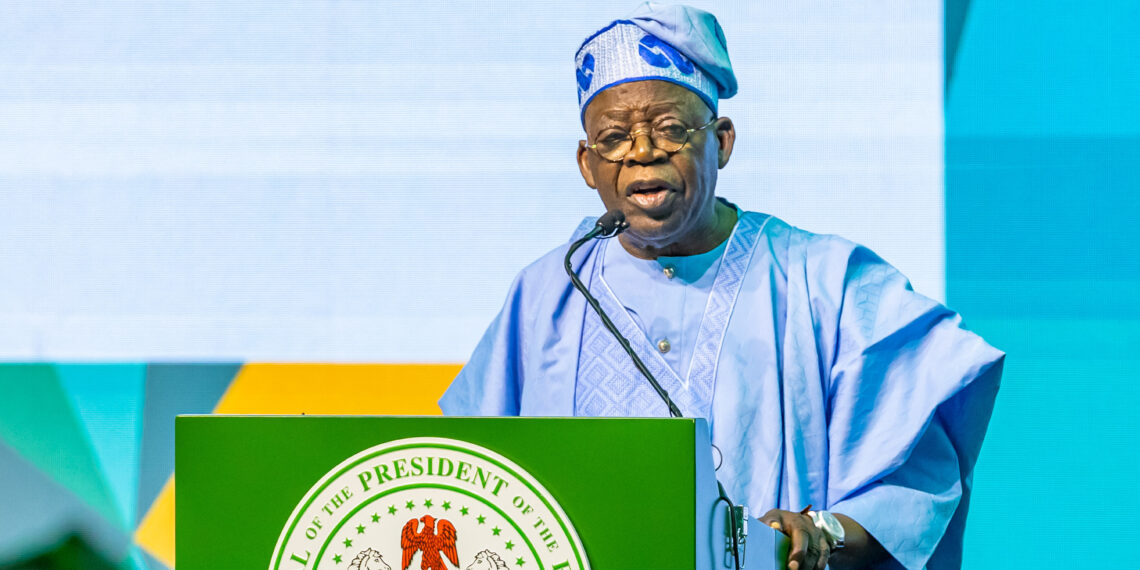-

 BIG STORY4 days ago
BIG STORY4 days agoBREAKING: Governor Sanwo-Olu Accepts Hosting Rights For BON Awards, Lauds Organisers’ Guinness World Record Bid
-

 BIG STORY1 day ago
BIG STORY1 day agoJUST IN: FG Declares Friday, Sept 5, Public Holiday For Eid-ul-Mawlid — Interior Minister Urges Prayers For Peace, Unity
-

 BIG STORY4 days ago
BIG STORY4 days agoFirstbank’s ₦1 Trillion Digital Loan Disbursement Milestone And The New Era Of Inclusive Lending In Nigeria
-

 BIG STORY1 day ago
BIG STORY1 day agoFidelity, Sterling, Other Tier-2 Banks Under Pressure As CBN’s 2026 Recapitalisation Deadline Looms — SBM Report
-

 BIG STORY3 days ago
BIG STORY3 days agoBREAKING: Finnish Court Sentences Simon Ekpa To Six Years In Prison For Terrorism Crimes
-

 BIG STORY4 days ago
BIG STORY4 days agoJUST IN: Phyna’s Sister Ruth Otabor Dies After Truck Accident
-

 BIG STORY2 days ago
BIG STORY2 days agoLeave Before Visa Expires Or We’ll Remove You — UK Warns Foreign Students
-

 BIG STORY3 days ago
BIG STORY3 days agoNRC MD Kayode Opeifa Apologises For Remarks Against Journalist During Train Derailment Coverage
Connect with us






















